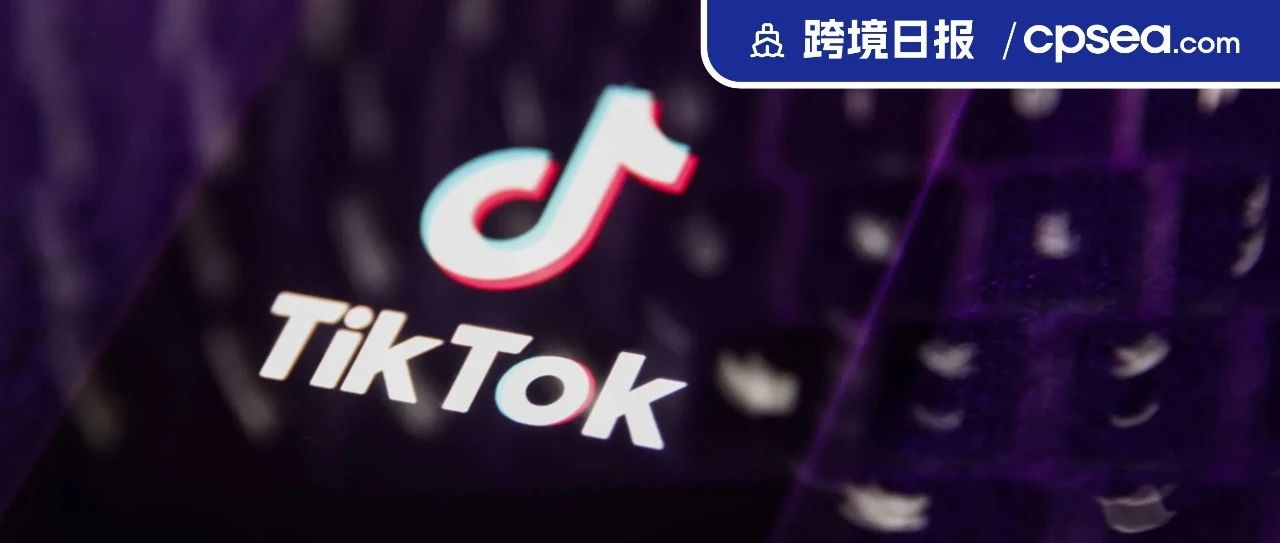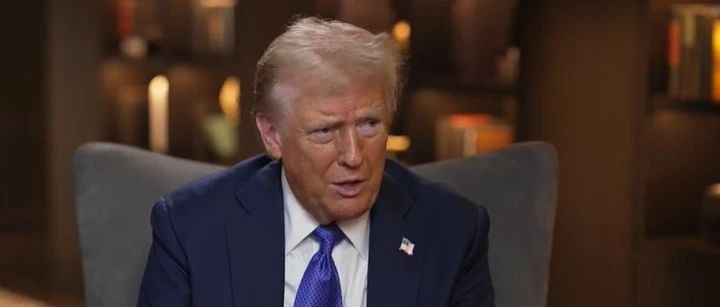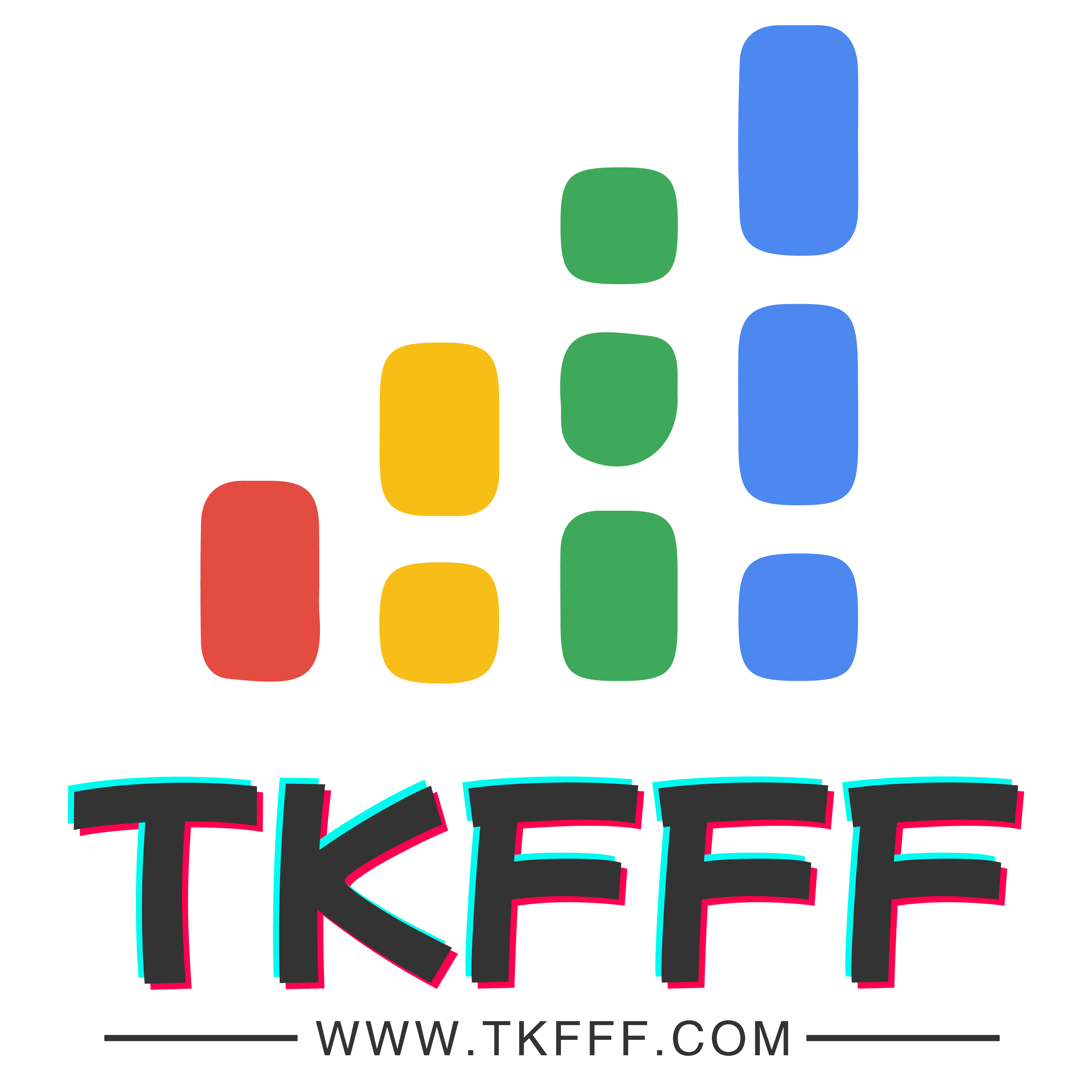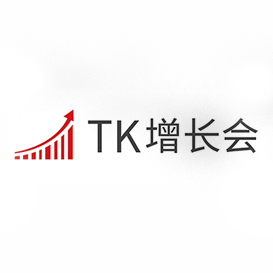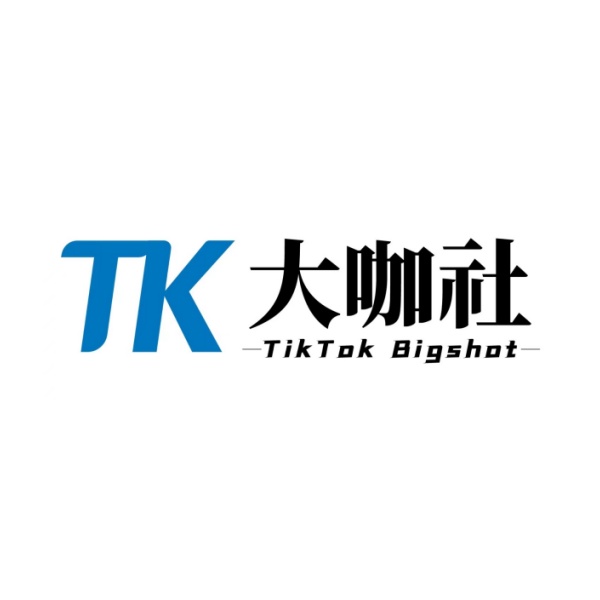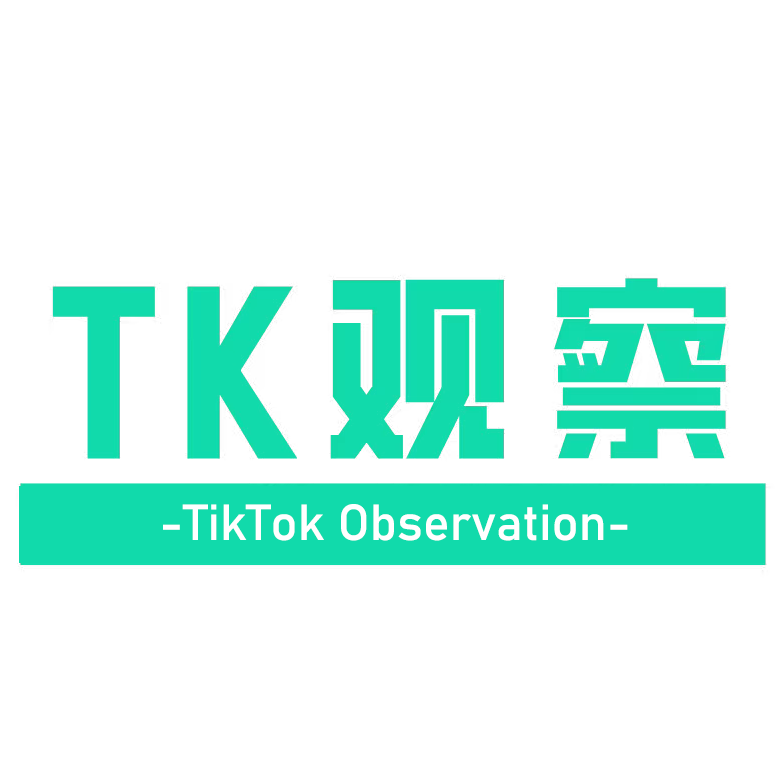Why Billionaire Frank McCourt Thinks He Can Save TikTok
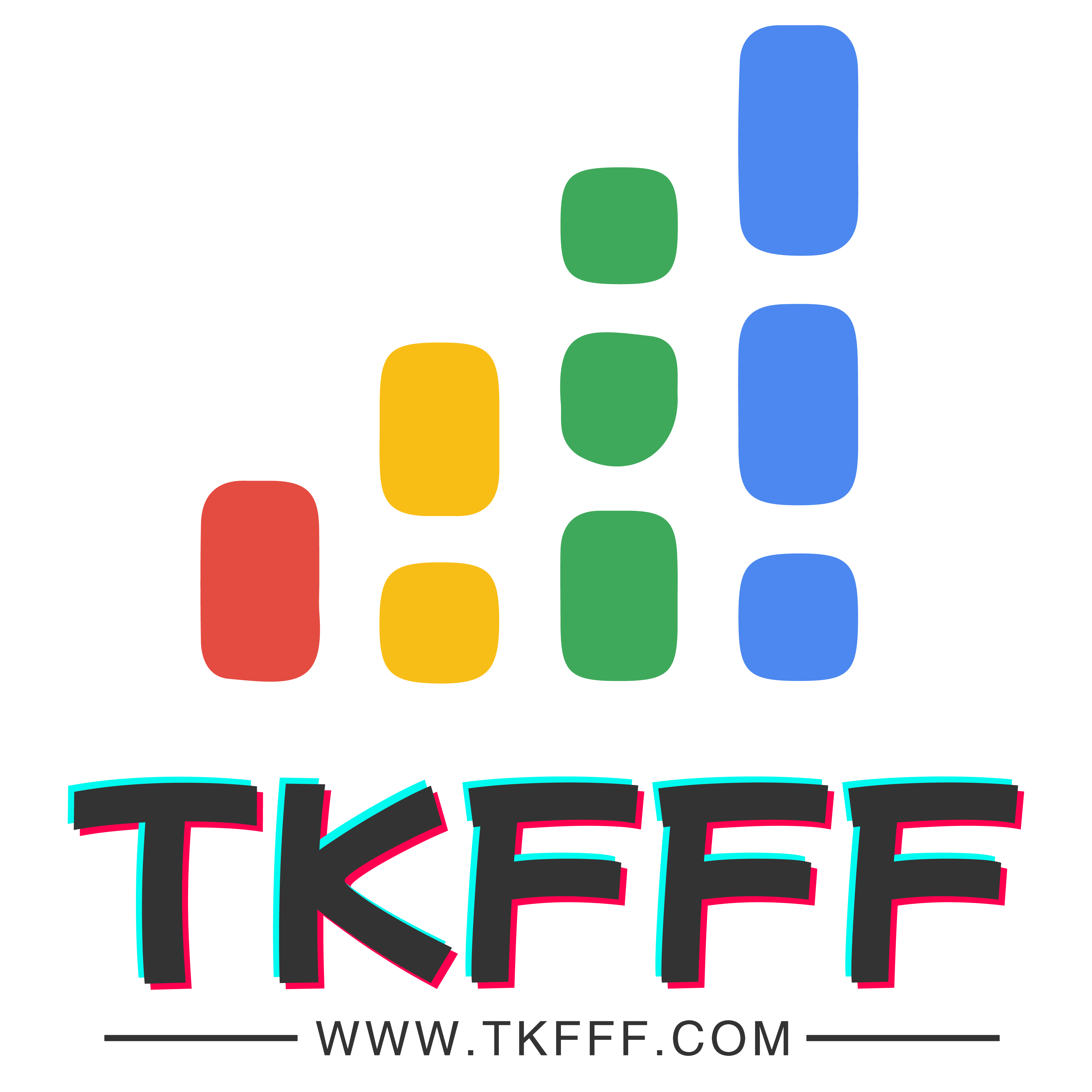
TKFFF · 2024-05-17 11:16
 Frank McCourt at Web Summit 2023 in Lisbon, Portugal. Credit - Lukas Schulze/Sportsfile for Web Summit-- Getty Images
Billionaire Frank McCourt has long argued that the internet needs to be radically changed on an infrastructural level in order to reduce its toxicity, misinformation, and extractive nature. Now, he’s hoping to slide into a power vacuum in pursuit of that goal. McCourt is putting together a bid to buy TikTok from Chinese technology company ByteDance, which faces a U.S. ban at the end of this year unless it sells the wildly popular app.
McCourt’s central thesis lies in the belief that users should have more control over their personal data and online identities. His aim is to assemble a coalition to buy TikTok, so that its most valuable user data would be kept not by a single company, but on a decentralized protocol. McCourt has developed this idea in conjunction with technologists, academics, and policymakers via his nonprofit Project Liberty. His plan has received support from notable luminaries including the author Jonathan Haidt (The Anxious Generation) and Tim Berners-Lee, the inventor of the world wide web.
McCourt did not say how much he thinks TikTok is worth. Other magnates who have expressed interest in bidding for TikTok include Kevin O'Leary and Steve Mnuchin.
But there is no indication that ByteDance plans to sell TikTok; they are challenging the forced sale in the U.S. court system on the grounds of freedom of speech. And McCourt faces many obstacles in folding TikTok into his technological vision while ensuring the app’s profitability—especially because he says he’s not interested in buying the core algorithm that has hypercharged TikTok’s growth.
In an interview with TIME, McCourt explained his vision for the app and the larger internet ecosystem. Here are excerpts from the conversation.
TIME: A couple years ago, you stepped down as CEO from McCourt Global in order to devote most of your time to Project Liberty, whose goal is fixing the internet. How pivotal could buying TikTok be towards that mission?
Frank McCourt: I think it’s a fantastic opportunity to really accelerate things and catalyze an alternative version of the internet where individuals own and control their identity and data. The internet does not have to operate the way it does right now. It’s important to remember that the other big platforms in the U.S. operate with the same architecture as TikTok: of scraping people's data and aggregating it and then exploiting it.
When I say data, it sounds abstract. But it’s our personhood; it’s everything about us. And I think it's well past time that we correct that fundamental flaw in the design of the internet and return agency to individuals.
Let’s say I’m a small business owner who uses TikTok to post content and sell goods. How would my experience improve under your new design?
The user experience wouldn’t change much. We want this to be a seamless thing. Part of our thinking is to keep TikTok U.S. alive, because China has said they’re not sharing the [core] algorithm under any circumstances. And without a viable bidder to move forward without the algorithm, they may shut it down. But we’re not looking for the algorithm.
Many people contend that the core algorithm is essential to TikTok’s value. Do you worry that TikTok wouldn’t be TikTok without it?
What makes TikTok, TikTok, to me, is the user base, the content created by the user base, the brand, and all the tech short of the algorithm. Of course, TikTok isn't worth as much without the algorithm. I get that. That’s pretty plain. But we’re talking about a different design, which requires people to move on from the mindset and the paradigm we're in now.
It will be a version where everyone is deciding what pieces or portions of their data to share with whom. So you still have a user experience every bit as good, but with much better architecture overall. And not only will individuals have agency, but let’s have a broader group of people participating in who shares in the economic value of the platform itself.
How would that value sharing work? Are you talking about some sort of directed shares program, or a crypto token?
It’s a bit early to have that conversation. That’s why we’ve retained Kirkland & Ellis to advise us, along with Guggenheim Securities. They're grappling with and thinking through those very issues right now.
So how would users control their data?
Imagine an internet where individuals set the terms and conditions of their data with use cases and applications. And you’ll still want to share your data, because you’ll want to get the benefits of the internet. But you’re sharing it on a trusted basis. The mere act of giving permission to use it is very different than having it be surveilled and scraped.
The blockchain-based decentralized infrastructure you plan to use for TikTok, DSNP, is already running, and the social media app MeWe is currently migrating its tech and data onto it. What have you learned from MeWe’s transition?
That it works. Like any other engineering challenge, you have to go through all the baby steps to get it right. But the migration started in earnest in Q4, and over 800,000 users have migrated. To me, that’s important that we’re not bringing forward a concept: We’re bringing forward a proven tech solution.
In order to finance this bid, you will seek money from foundations, endowments and pension funds and philanthropies. Are you confident that if you get these big investors on board, you'll be able to return value to them?
I am. This opens up and unlocks enormous value for investors and users. At the same time, it has a tremendous impact for society. I mentioned the pension funds and endowments and foundations as a category of investor that have a longer term horizon, and look at making investments not strictly on the basis of financial ROI. It’s important they be involved, because this is a societal project to fundamentally change how the internet works.
We want a lot of people involved in this in different ways, shapes and forms, which is another distinguishing characteristic. We don’t need Saudi money to replace Chinese money. We’re trying to bring forward a solution to address the problem at its root cause, not at the symptomatic level.
You committed $150 million to Project Liberty in 2022. Are you prepared to spend in that ballpark again for TikTok?
Update that number: I’ve committed half a billion dollars to Project Liberty. That should be an indication of my level of seriousness about all this, and my level of seriousness about the bid for TikTok U.S.
[ad]
Frank McCourt at Web Summit 2023 in Lisbon, Portugal. Credit - Lukas Schulze/Sportsfile for Web Summit-- Getty Images
Billionaire Frank McCourt has long argued that the internet needs to be radically changed on an infrastructural level in order to reduce its toxicity, misinformation, and extractive nature. Now, he’s hoping to slide into a power vacuum in pursuit of that goal. McCourt is putting together a bid to buy TikTok from Chinese technology company ByteDance, which faces a U.S. ban at the end of this year unless it sells the wildly popular app.
McCourt’s central thesis lies in the belief that users should have more control over their personal data and online identities. His aim is to assemble a coalition to buy TikTok, so that its most valuable user data would be kept not by a single company, but on a decentralized protocol. McCourt has developed this idea in conjunction with technologists, academics, and policymakers via his nonprofit Project Liberty. His plan has received support from notable luminaries including the author Jonathan Haidt (The Anxious Generation) and Tim Berners-Lee, the inventor of the world wide web.
McCourt did not say how much he thinks TikTok is worth. Other magnates who have expressed interest in bidding for TikTok include Kevin O'Leary and Steve Mnuchin.
But there is no indication that ByteDance plans to sell TikTok; they are challenging the forced sale in the U.S. court system on the grounds of freedom of speech. And McCourt faces many obstacles in folding TikTok into his technological vision while ensuring the app’s profitability—especially because he says he’s not interested in buying the core algorithm that has hypercharged TikTok’s growth.
In an interview with TIME, McCourt explained his vision for the app and the larger internet ecosystem. Here are excerpts from the conversation.
TIME: A couple years ago, you stepped down as CEO from McCourt Global in order to devote most of your time to Project Liberty, whose goal is fixing the internet. How pivotal could buying TikTok be towards that mission?
Frank McCourt: I think it’s a fantastic opportunity to really accelerate things and catalyze an alternative version of the internet where individuals own and control their identity and data. The internet does not have to operate the way it does right now. It’s important to remember that the other big platforms in the U.S. operate with the same architecture as TikTok: of scraping people's data and aggregating it and then exploiting it.
When I say data, it sounds abstract. But it’s our personhood; it’s everything about us. And I think it's well past time that we correct that fundamental flaw in the design of the internet and return agency to individuals.
Let’s say I’m a small business owner who uses TikTok to post content and sell goods. How would my experience improve under your new design?
The user experience wouldn’t change much. We want this to be a seamless thing. Part of our thinking is to keep TikTok U.S. alive, because China has said they’re not sharing the [core] algorithm under any circumstances. And without a viable bidder to move forward without the algorithm, they may shut it down. But we’re not looking for the algorithm.
Many people contend that the core algorithm is essential to TikTok’s value. Do you worry that TikTok wouldn’t be TikTok without it?
What makes TikTok, TikTok, to me, is the user base, the content created by the user base, the brand, and all the tech short of the algorithm. Of course, TikTok isn't worth as much without the algorithm. I get that. That’s pretty plain. But we’re talking about a different design, which requires people to move on from the mindset and the paradigm we're in now.
It will be a version where everyone is deciding what pieces or portions of their data to share with whom. So you still have a user experience every bit as good, but with much better architecture overall. And not only will individuals have agency, but let’s have a broader group of people participating in who shares in the economic value of the platform itself.
How would that value sharing work? Are you talking about some sort of directed shares program, or a crypto token?
It’s a bit early to have that conversation. That’s why we’ve retained Kirkland & Ellis to advise us, along with Guggenheim Securities. They're grappling with and thinking through those very issues right now.
So how would users control their data?
Imagine an internet where individuals set the terms and conditions of their data with use cases and applications. And you’ll still want to share your data, because you’ll want to get the benefits of the internet. But you’re sharing it on a trusted basis. The mere act of giving permission to use it is very different than having it be surveilled and scraped.
The blockchain-based decentralized infrastructure you plan to use for TikTok, DSNP, is already running, and the social media app MeWe is currently migrating its tech and data onto it. What have you learned from MeWe’s transition?
That it works. Like any other engineering challenge, you have to go through all the baby steps to get it right. But the migration started in earnest in Q4, and over 800,000 users have migrated. To me, that’s important that we’re not bringing forward a concept: We’re bringing forward a proven tech solution.
In order to finance this bid, you will seek money from foundations, endowments and pension funds and philanthropies. Are you confident that if you get these big investors on board, you'll be able to return value to them?
I am. This opens up and unlocks enormous value for investors and users. At the same time, it has a tremendous impact for society. I mentioned the pension funds and endowments and foundations as a category of investor that have a longer term horizon, and look at making investments not strictly on the basis of financial ROI. It’s important they be involved, because this is a societal project to fundamentally change how the internet works.
We want a lot of people involved in this in different ways, shapes and forms, which is another distinguishing characteristic. We don’t need Saudi money to replace Chinese money. We’re trying to bring forward a solution to address the problem at its root cause, not at the symptomatic level.
You committed $150 million to Project Liberty in 2022. Are you prepared to spend in that ballpark again for TikTok?
Update that number: I’ve committed half a billion dollars to Project Liberty. That should be an indication of my level of seriousness about all this, and my level of seriousness about the bid for TikTok U.S.
[ad]
文章来源:
TKFFF公众号
扫码关注领【TK运营地图】

TKFFF合作,请扫码联系!

文章来源: 文章该内容为作者观点,TKFFF仅提供信息存储空间服务,不代表TKFFF的观点或立场。版权归原作者所有,未经允许不得转载。对于因本网站图片、内容所引起的纠纷、损失等,TKFFF均不承担侵权行为的连带责任。如发现本站文章存在版权问题,请联系:1280199022@qq.com
分享给好友:


